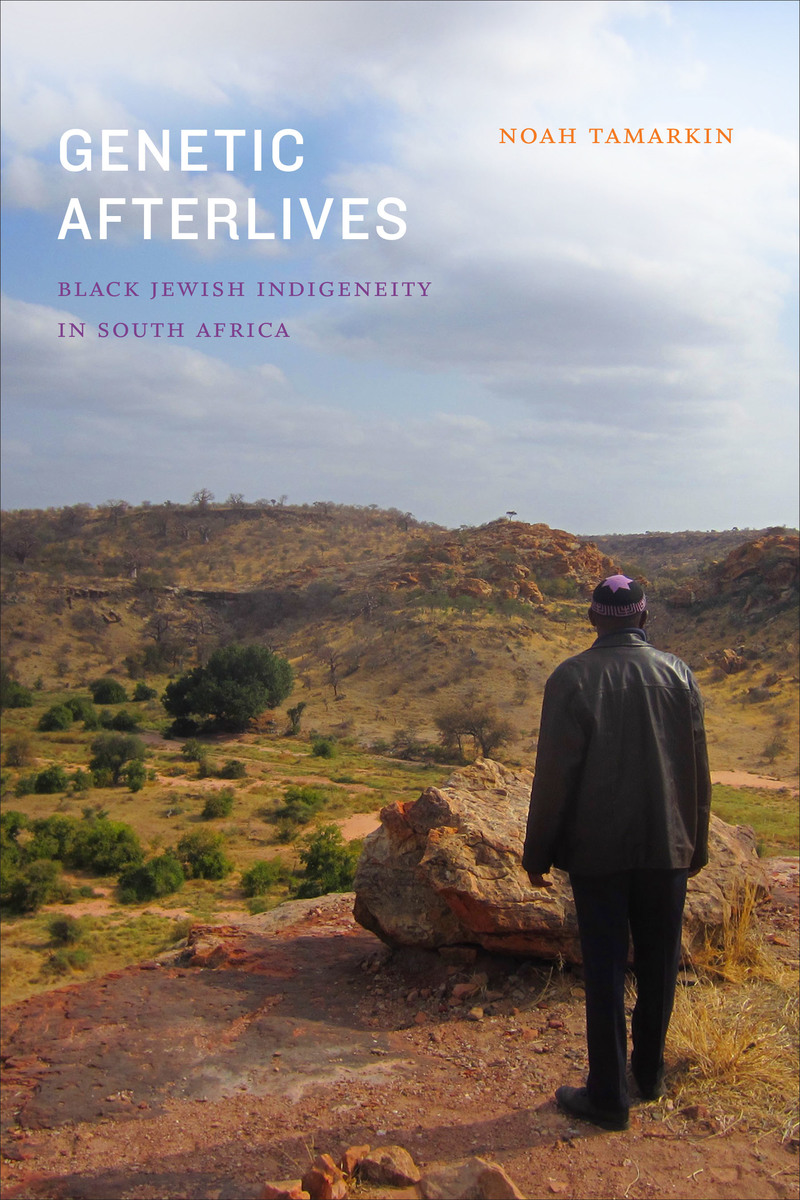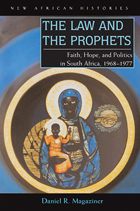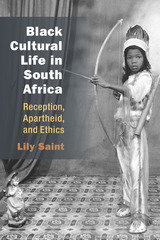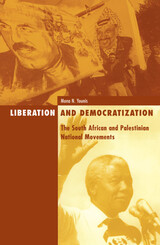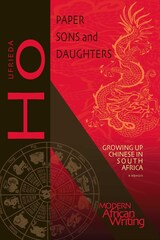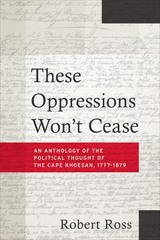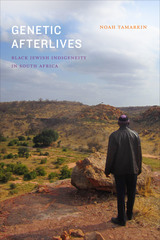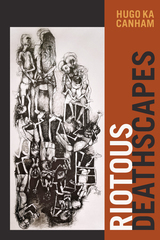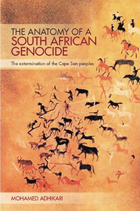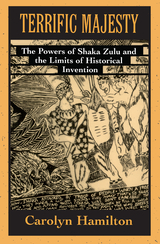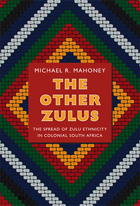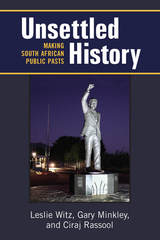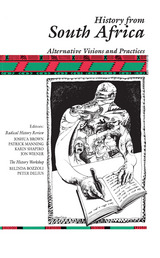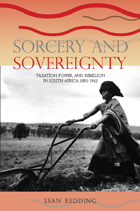Genetic Afterlives: Black Jewish Indigeneity in South Africa
Duke University Press, 2020
eISBN: 978-1-4780-1230-6 | Cloth: 978-1-4780-0882-8 | Paper: 978-1-4780-0968-9
Library of Congress Classification DT1768.L45T36 2020
See other books on: Ethnology | Genetics | Identification (Religion) | Republic of South Africa | South Africa
See other titles from Duke University Press
eISBN: 978-1-4780-1230-6 | Cloth: 978-1-4780-0882-8 | Paper: 978-1-4780-0968-9
Library of Congress Classification DT1768.L45T36 2020
ABOUT THIS BOOK | AUTHOR BIOGRAPHY | REVIEWS | TOC | REQUEST ACCESSIBLE FILE
ABOUT THIS BOOK
In 1997, M. E. R. Mathivha, an elder of the black Jewish Lemba people of South Africa, announced to the Lemba Cultural Association that a recent DNA study substantiated their ancestral connections to Jews. Lemba people subsequently leveraged their genetic test results to seek recognition from the post-apartheid government as indigenous Africans with rights to traditional leadership and land, retheorizing genetic ancestry in the process. In Genetic Afterlives, Noah Tamarkin illustrates how Lemba people give their own meanings to the results of DNA tests and employ them to manage competing claims of Jewish ethnic and religious identity, African indigeneity, and South African citizenship. Tamarkin turns away from genetics researchers' results that defined a single story of Lemba peoples' “true” origins and toward Lemba understandings of their own genealogy as multivalent. Guided by Lemba people’s negotiations of their belonging as diasporic Jews, South African citizens, and indigenous Africans, Tamarkin considers new ways to think about belonging that can acknowledge the importance of historical and sacred ties to land without valorizing autochthony, borders, or other technologies of exclusion.
See other books on: Ethnology | Genetics | Identification (Religion) | Republic of South Africa | South Africa
See other titles from Duke University Press
